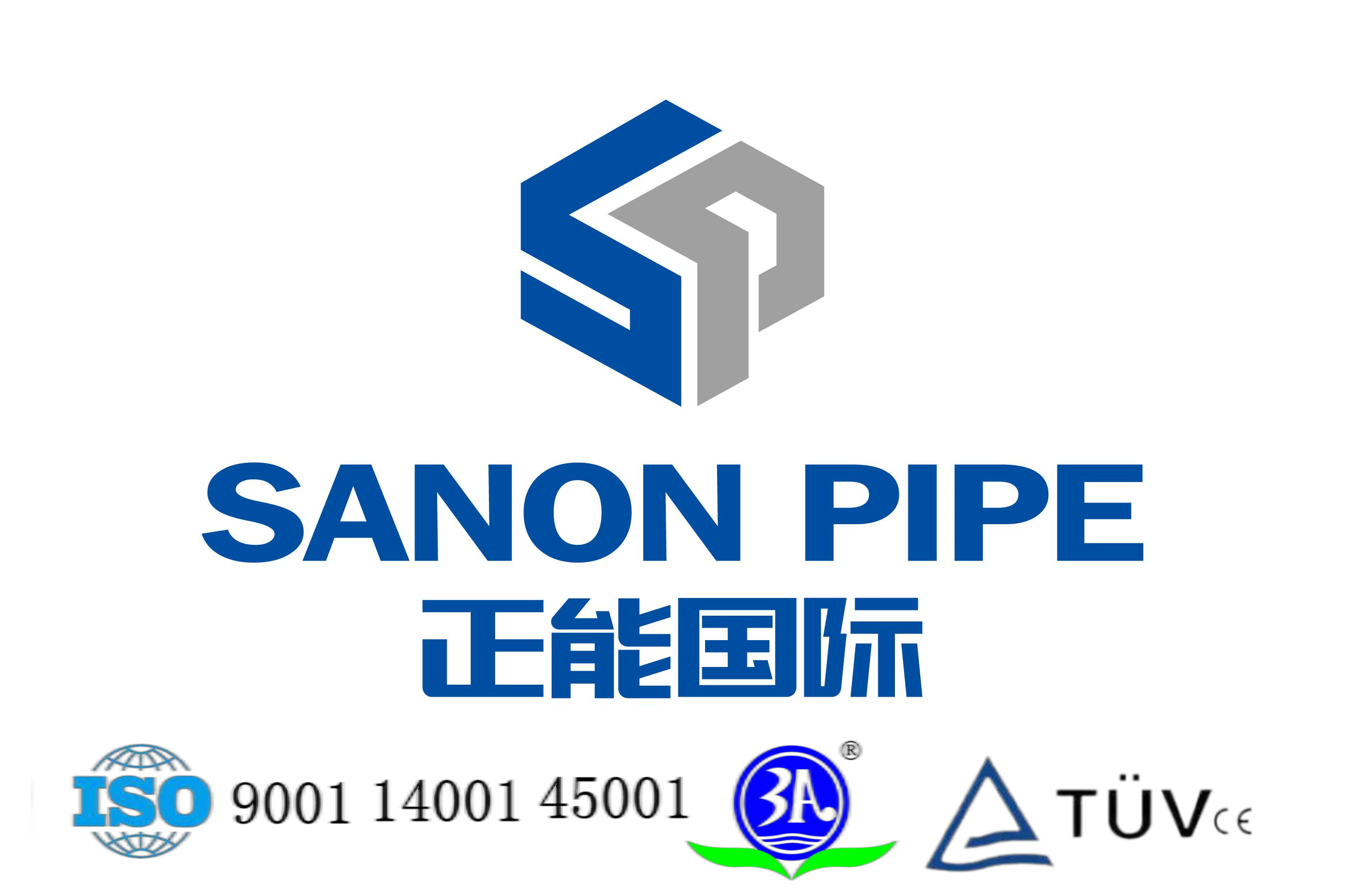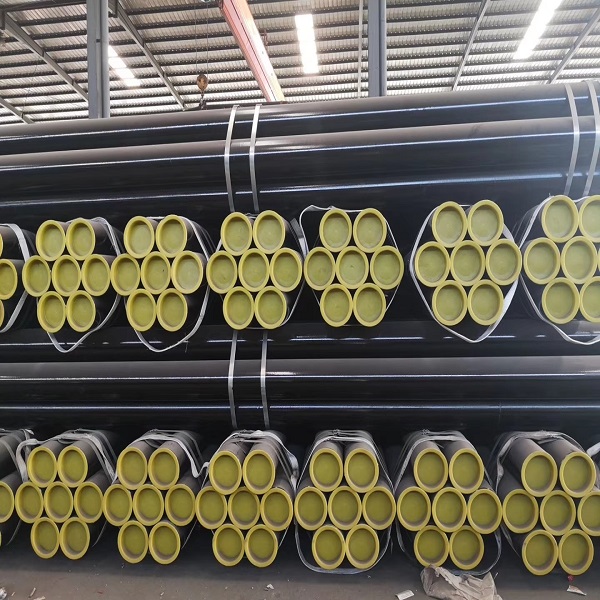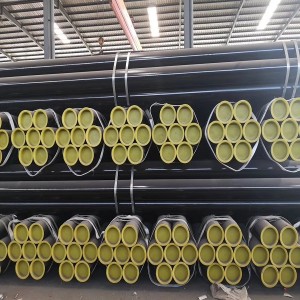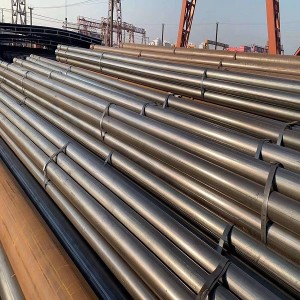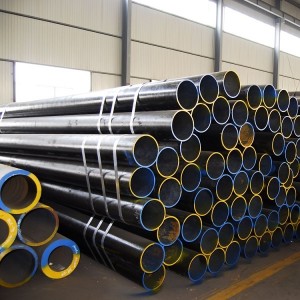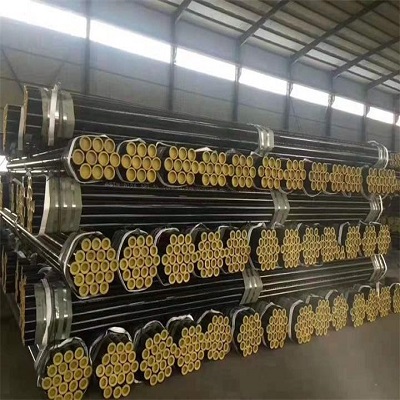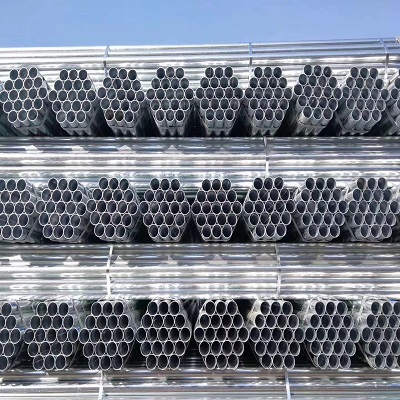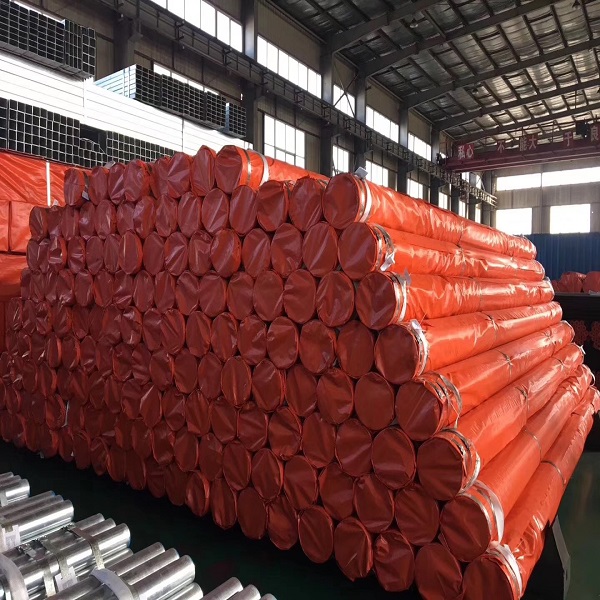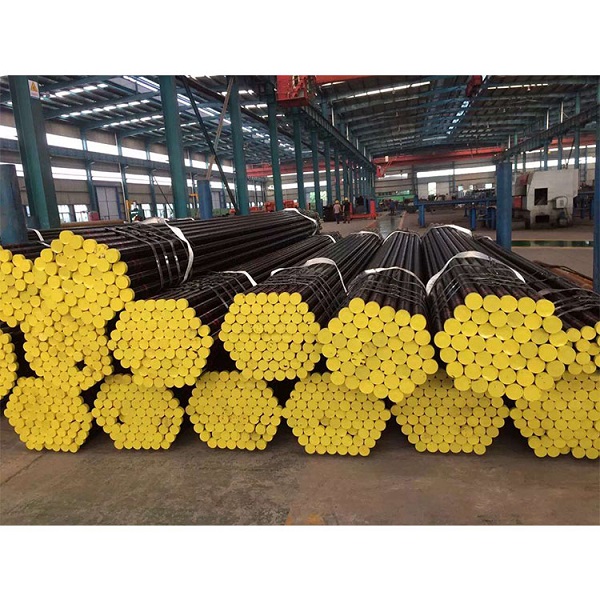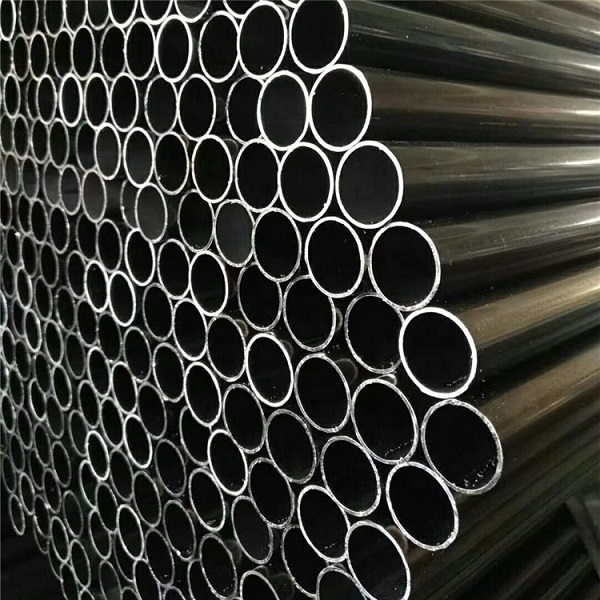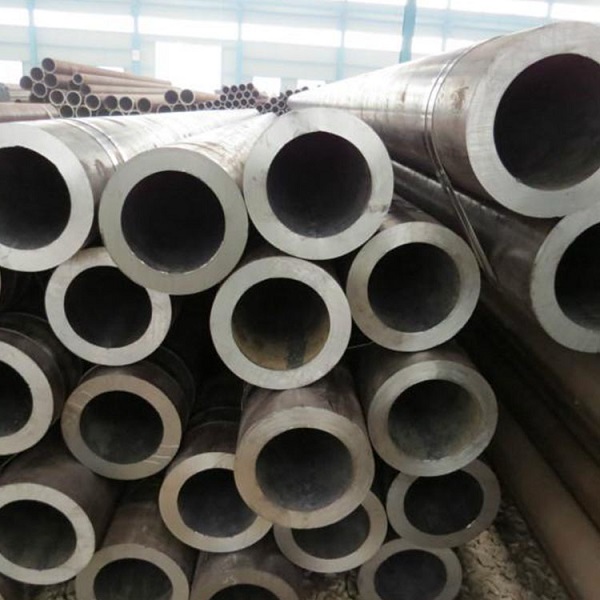China OEM China High Pressure Seamless Carbon Steel Pipe for Liquid Transportation
Overview
We try for excellence, service the customers", hopes to be the most effective cooperation workforce and dominator company for staff, suppliers and shoppers, realizes price share and ongoing marketing for High Pressure Seamless Carbon Steel Pipe for Liquid Transportation, We wholeheartedly welcome shoppers all around the globe come to go to our manufacturing facility and have a win-win cooperation with us! Further, we're supported by highly experienced and knowledgeable professionals, who have immense expertise in their respective domain. These professionals work in close coordination with each other to provide our clients an effective range of products and solutions.
For fluid pipes, in addition to the American standard, many Japanese standards are used in the world. Among them, JIS G3454 STPG370 is a commonly used material in Japanese standard fluid pipes. The chemical composition requirements are: C: 0.25%max, Si: 0.35%max , Mn: 0.3%~0.9%, P: 0.04%max, S: 0.04%max; the mechanical properties must be: tensile strength: 370Mpa min, yield strength: 215Mpa min, elongation: 30%. Very similar to GB/T8163 10#, the two standards require the same experiment (hydraulic pressure and non-destructive testing, flaring test), so the two can be substituted for each other.
Application
It Is Mainly Used To Make Carbon Structural Steel, Alloy Structural Steel and mechanical structures.
Main Grade
Grade Of Carbon Structural Steel: 10,20,35, 45,Q345,Q460,Q490,Q620,, Etc
Grade Of Alloy Structural Steel: 42CrMo,35CrMo, Etc
Chemical Component
| Steel Grade |
Quality level |
Chemical composition |
||||||||||||||
|
C |
Si |
Mn |
P |
S |
Nb |
V |
Ti |
Cr |
Ni |
Cu |
Nd |
Mo |
B |
Als" |
||
|
no greater than |
not less than |
|||||||||||||||
| Q345 | A |
0.20 |
0.50 |
1.70 |
0.035 | 0.035 |
0.30 |
0.50 |
0.20 |
0.012 |
0.10 |
—— | — | |||
| B | 0.035 | 0.035 | ||||||||||||||
| C | 0.030 | 0.030 |
0.07 |
0.15 |
0.20 |
0.015 |
||||||||||
| D |
0.18 |
0.030 | 0.025 | |||||||||||||
| E | 0.025 | 0.020 | ||||||||||||||
| Q390 | A |
0.20 |
0.50 |
1.70 |
0.035 | 0.035 |
0.07 |
0.20 |
0.20 |
0.3 |
0.50 |
0.20 |
0.015 |
0.10 |
— | — |
| B | 0.035 | 0.035 | ||||||||||||||
| C | 0.030 | 0.030 |
0,015 |
|||||||||||||
| D | 0.030 | 0.025 | ||||||||||||||
| E | 0.025 | 0.020 | ||||||||||||||
| Q42O | A |
0.20 |
0.50 |
1.70 |
0.035 | 0.035 |
0.07 |
0.2 |
0.20 |
0.30 |
0.80 |
0.20 |
0.015 |
0.20 |
—— |
—— |
| B | 0.035 | 0.035 | ||||||||||||||
| C | 0.030 | 0.030 |
0.015 |
|||||||||||||
| D | 0.030 | 0.025 | ||||||||||||||
| E | 0.025 | 0.020 | ||||||||||||||
| Q46O | C |
0.20 |
0.60 |
1.80 |
0.030 | 0.030 |
0.11 |
0.20 |
0.20 |
0.30 |
0.80 |
0.20 |
0.015 |
0.20 |
0.005 |
0.015 |
| D | 0.030 | 0.025 | ||||||||||||||
| E | 0.025 | 0.020 | ||||||||||||||
| Q500 | C |
0J8 |
0.60 |
1.80 |
0.025 | 0.020 |
0.11 |
0.20 |
0.20 |
0.60 |
0.80 |
0.20 |
0.015 |
0.20 |
0.005 |
0.015 |
| D | 0.025 | 0.015 | ||||||||||||||
| E | 0.020 | 0.010 | ||||||||||||||
| Q550 | C |
0.18 |
0.60 |
2.00 |
0.025 | 0,020 | 0.11 |
0.20 |
0.20 |
0.80 |
0.80 |
0.20 |
0.015 |
0.30 |
0.005 |
0.015 |
| D | 0.025 | 0,015 | ||||||||||||||
| E | 0.020 | 0.010 | ||||||||||||||
| Q62O | C |
0.18 |
0.60 |
2.00 |
0.025 | 0.020 |
0.11 |
0.20 |
0.20 |
1.00 |
0.80 |
0.20 |
0.015 |
0.30 |
0.005 |
0.015 |
| D | 0.025 | 0.015 | ||||||||||||||
| E | 0.020 | 0.010 | ||||||||||||||
| a. In addition to Q345A and Q345B grades, the steel should contain at least one of the refined grain elements Al, Nb, V, and Ti. According to the needs, the supplier can add one or more refined grain elements. The maximum value shall be as specified in the table. When combined, Nb + V + Ti is not more than 0.22%b. For Q345, Q390, Q420 and Q46O grades, Mo + Cr is not greater than 0.30%c. When Cr and Ni of each grade are used as residual elements, the content of Cr and Ni should not be greater than 0.30%; when it is necessary to add, the content should meet the requirements in the table or be determined by the supplier and the buyer through consultation.d. If the supplier can ensure that the nitrogen content meets the requirements in the table, the nitrogen content analysis may not be performed. If Al, Nb, V, Ti and other alloy elements with nitrogen fixation are added to the steel, the nitrogen content is not limited. The nitrogen fixation content should be specified in the quality certificate.e. When using full aluminum, the total aluminum content Alt ≥ 0020%. | ||||||||||||||||
|
Grade |
Carbon equivalent CEV (mass fraction) /% |
|||||
|
Nominal wall thickness s≤ 16mm |
Nominal wall thickness S2>16 mm〜30 mm |
Nominal wall thickness S>30mm |
||||
|
Hot rolled or normalized normalized |
Quenching +tempering |
Hot rolled or normalized |
Quenching +tempering |
Hot rolled or normalized |
Quenching +tempering |
|
| Q345 |
<0.45 |
— |
<0.47 |
— |
<0.48 |
一 |
| Q390 |
<0.46 |
一 |
W0.48 |
— |
<0.49 |
— |
| Q420 |
<0.48 |
一 |
<0.50 |
<0.48 |
<0.52 |
<0,48 |
| Q460 |
<0.53 |
<0.48 |
W0.55 |
<0.50 |
<0.55 |
W0.50 |
| Q500 |
一 |
<0.48 |
一 |
<0.50 |
一 |
W0.50 |
| Q550 |
— |
<0.48 |
.一 |
<0.50 |
一 |
<0.50 |
| Q62O |
— |
<0.50 |
— |
<0.52 |
— |
W0.52 |
| Q690 |
— |
<0.50 |
— |
<0.52 |
— |
W0.52 |
Mechanical Property
Mechanical properties of high-quality carbon steel structural steel and low-alloy high-strength structural steel pipes
| Grade | Quality level | Yield Strength | Lower yield strength | Elongation after breaking | Impact test | |||
| Nominal wall thickness | temperature | Absorb energy | ||||||
| <16 mm | >16 mm〜 | 〉30 mm | ||||||
| 30 mm | ||||||||
| not less than | not less than | |||||||
| 10 | — | >335 | 205 | 195 | 185 | 24 | — | — |
| 15 | — | >375 | 225 | 215 | 205 | 22 | — | 一 |
| 20 | —— | >410 | 245 | 235 | 225 | 20 | — | — |
| 25 | — | >450 | 275 | 265 | 255 | 18 | — | — |
| 35 | — | >510 | 305 | 295 | 285 | 17 | 一 | — |
| 45 | — | 2590 | 335 | 325 | 315 | 14 | — | — |
| 20Mn | —• | >450 | 275 | 265 | 255 | 20 | — | 一 |
| 25Mn | — | >490 | 295 | 285 | 275 | 18 | — | — |
| Q345 | A | 470—630 | 345 | 325 | 295 | 20 | — | 一 |
| B | 4~20 | 34 | ||||||
| C | 21 | 0 | ||||||
| D | -20 | |||||||
| E | -40 | 27 | ||||||
| Q39O | A | 490—650 | 390 | 370 | 350 | 18 | ||
| B | 20 | 34 | ||||||
| C | 19 | 0 | ||||||
| D | -20 | |||||||
| E | -40 | 27 | ||||||
| Q42O | A | 520〜680 | 420 | 400 | 380 | 18 | ||
| B | 20 | 34 | ||||||
| C | 19 | 0 | ||||||
| D | -20 | |||||||
| E | -40 | 27 | ||||||
| Q46O | C | 550〜720 | 460 | 440 | 420 | 17 | 0 | 34 |
| D | -20 | |||||||
| E | -40 | 27 | ||||||
| Q500 | C | 610〜770 | 500 | 480 | 440 | 17 | 0 | 55 |
| D | -20 | 47 | ||||||
| E | -40 | 31 | ||||||
| Q550 | C | 670〜830 | 550 | 530 | 490 | 16 | 0 | 55 |
| D | -20 | 47 | ||||||
| E | -40 | 31 | ||||||
| Q62O | C | 710〜880 | 620 | 590 | 550 | 15 | 0 | 55 |
| D | -20 | 47 | ||||||
| E | -40 | 31 | ||||||
| Q690 | C | 770〜94。 | 690 | 660 | 620 | 14 | 0 | 55 |
| D | -20 | 47 | ||||||
| E | -40 | 31 | ||||||
Mechanical properties of alloy steel pipes
| NO | Grade | Recommended heat treatment regime | Tensile properties | Annealed or high temperature tempered steel pipe Delivery condition Brinell hardness HBW | ||||||
| Quenching (normalizing) | Tempering | Yield StrengthMPa | Tensile Strength MPa | Elongation after breaking A% | ||||||
| temperature | Coolant | Temperature | Coolant | |||||||
| Frirst | Second | not less than | no greater than | |||||||
| 1 | 40Mn2 | 840 | Water, oil | 540 | Water, oil | 885 | 735 | 12 | 217 | |
| 2 | 45Mn2 | 840 | Water,oil | 550 | Water, oil | 885 | 735 | 10 | 217 | |
| 3 | 27SiMn | 920 | Water | 450 | Water, oil | 980 | 835 | 12 | 217 | |
| 4 | 40MnBc | 850 | oil | 500 | Water, oil | 980 | 785 | 10 | 207 | |
| 5 | 45MnBc | 840 | oil | 500 | Water, oil | 1 030 | 835 | 9 | 217 | |
| 6 | 20Mn2Bc'f | 880 | oil | 200 | Water, air | 980 | 785 | 10 | 187 | |
| 7 | 20CrdJ | 880 | 800 | Water,oil | 200 | Water, air | 835 | 540 | 10 | 179 |
| 785 | 490 | 10 | 179 | |||||||
| 8 | 30Cr | 860 | oil | 500 | Water, oil | 885 | 685 | 11 | 187 | |
| 9 | 35Cr | 860 | oil | 500 | Water, oil | 930 | 735 | 11 | 207 | |
| 10 | 40Cr | 850 | oil | 520 | Water, oil | 980 | 785 | 9 | 207 | |
| 11 | 45Cr | 840 | oil | 520 | Water, oil | 1 030 | 835 | 9 | 217 | |
| 12 | 50Cr | 830 | oil | 520 | Water, oil | 1 080 | 930 | 9 | 229 | |
| 13 | 38CrSi | 900 | oil | 600 | Water, oil | 980 | 835 | 12 | 255 | |
| 14 | 20CrModJ | 880 | Water,oil | 500 | Water, oil | 885 | 685 | 11 | 197 | |
| 845 | 635 | 12 | 197 | |||||||
| 15 | 35CrMo | 850 | oil | 550 | Water, oil | 980 | 835 | 12 | 229 | |
| 16 | 42CrMo | 850 | oil | 560 | Water, oil | 1 080 | 930 | 12 | 217 | |
| 17 | 38CrMoAld | 940 | Water, oil | 640 | Water, oil | 980 | 835 | 12 | 229 | |
| 930 | 785 | 14 | 229 | |||||||
| 18 | 50CrVA | 860 | oil | 500 | Water, oil | 1 275 | 1 130 | 10 | 255 | |
| 19 | 2OCrMn | 850 | oil | 200 | Water、air | 930 | 735 | 10 | 187 | |
| 20 | 20CrMnSif | 880 | oil | 480 | Water, oil | 785 | 635 | 12 | 207 | |
| 21 | 3OCrMnSif | 880 | oil | 520 | Water, oil | 1 080 | 885 | 8 | 229 | |
| 980 | 835 | 10 | 229 | |||||||
| 22 | 35CrMnSiA£ | 880 | oil | 230 | Water、air | 1 620 | 9 | 229 | ||
| 23 | 20CrMnTie-f | 880 | 870 | oil | 200 | Water、air | 1 080 | 835 | 10 | 217 |
| 24 | 30CrMnTie*f | 880 | 850 | oil | 200 | Water、air | 1 470 | 9 | 229 | |
| 25 | 12CrNi2 | 860 | 780 | Water,oil | 200 | Water、air | 785 | 590 | 12 | 207 |
| 26 | 12CrNi3 | 860 | 780 | oil | 200 | Water、air | 930 | 685 | 11 | 217 |
| 27 | 12Cr2Ni4 | 860 | 780 | oil | 200 | Water、air | 1 080 | 835 | 10 | 269 |
| 28 | 40CrNiMoA | 850 | —— | oil | 600 | Water、air | 980 | 835 | 12 | 269 |
| 29 | 45CrNiMoVA | 860 | — | oil | 460 | oil | 1 470 | 1 325 | 7 | 269 |
| a. Allowable adjustment range of heat treatment temperature listed in the table: quenching ± 15 ℃, low temperature tempering ± 20 ℃, high temperature tempering soil 50 ℃.b. In the tensile test, transverse or longitudinal samples can be taken. In case of disagreement, the longitudinal sample is used as the basis for arbitration.c. Boron-containing steel can be normalized before quenching, and the normalizing temperature should not be higher than its quenching temperature.d. Delivery according to a set of data specified by the demander. When the demander has not specified, delivery can be made according to any of the data.
e. The first quenching of titanium steel with Ming Meng can be replaced by normalizing. f. Isothermal quenching at 280 C ~320 C. g. In the tensile test, if Rel cannot be measured, Rp0.2 can be measured instead of Rel. |
||||||||||
Test Requirement
Chemical composition:
Stretch,Hardness,Shock,Squash,Bending,Ultrasonic testing,Eddy current,detection,Leak detection,Galvanized
